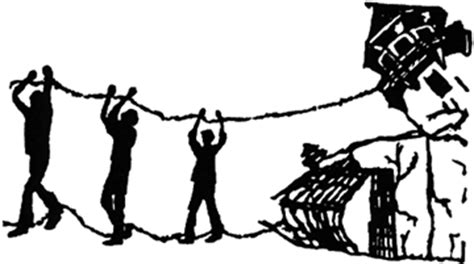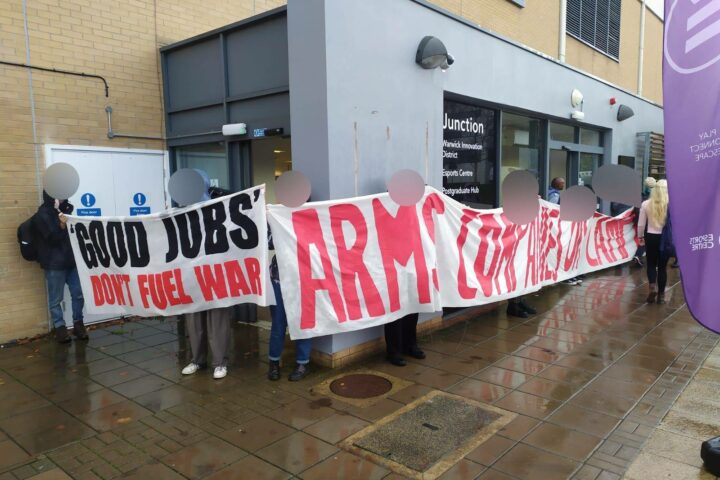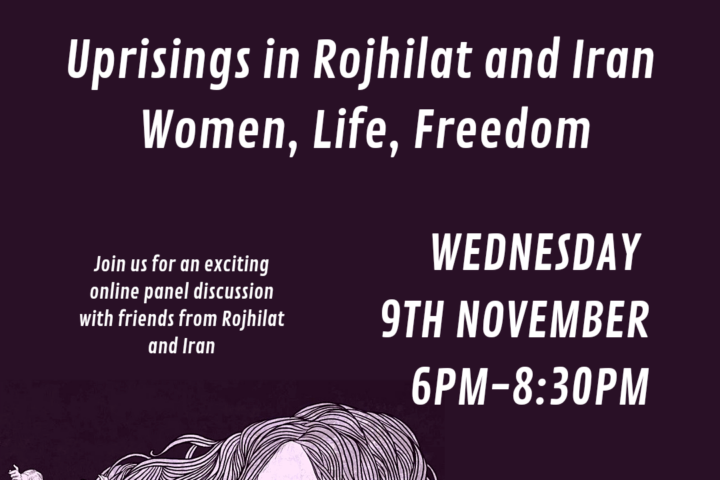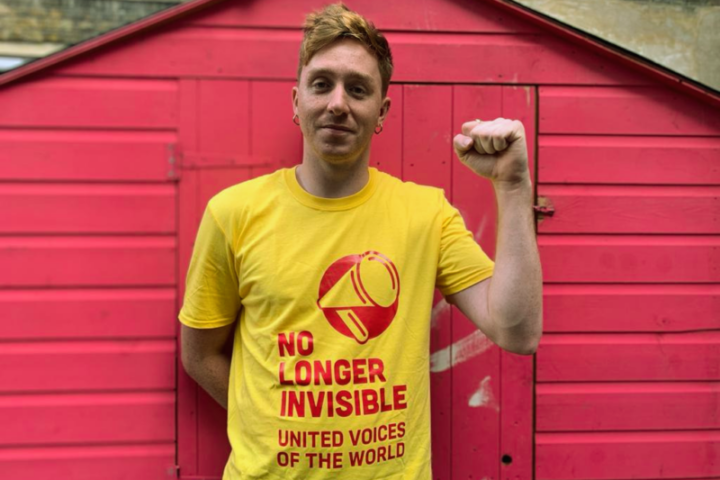Submitted to Autonomy News by John O
Terence Allen – British Justice is Concerned with Results not Justice
Terry Allen has maintained his innocence of a murder conviction for 35 years, yet remains in prison to this day. He has made numerous applications to the Home office and to the CCRC over the years. He has now renewed his application to the CCRC with the assistance of the Cardiff University Law School Innocence Project. His new application details serious new concerns about the quality and integrity of the scientific evidence used in his case, his treatment in police custody, his medical condition at the time and the fairness of his trial in the light of these factors.
In 2003 Terry wrote to MOJUK
On the 8th of May 1986,1 was convicted at the Reading Crown Court of the murder of my friend, Anita Kirkwood. I was sentenced to life imprisonment with a tariff of 14 years. I have now served 30 years and there is no doubt that my protestations of innocence has led to my having served beyond the tariff period and that I remain in B category conditions with no foreseeable prospects of release. My appeal was heard by the full court of appeal in November 1987 and was quickly dismissed and from there on it has been one long struggle in trying to clear my name.
In 1998, the CCRC refused to refer my case back to the Court of Appeal in spite of compelling reasons that there were many serious questions which remained unanswered and continue to be so. Following this decision, I made an application to the European Court of Human Rights. But found that the rules of that court stipulated that I must submit an application to them within 6 months of the last judicial decision. It was therefore to late for me to submit my appeal to the ECHR as the dismissal of my appeal at the Court of Appeal was some 11 years before. Up until the CCRC came into being in early 1997, the only way back to the Court of Appeal was on a referral by the Home Secretary. The ECHR was one avenue to challenge the fairness of my trial, but it was limited, for they have no powers to quash a conviction. Their powers are limited to issuing a declaration of incompatibility with the European Convention on Human Rights against the UK Government, Which can add strength to one’s argument in challenging a conviction.
The road to successfully overcoming a miscarriage of justice is met along the way by all the obstacles which the state are experts at creating. The first obstacle is that the wrongly convicted prisoner is not a legal expert. He or she is therefore likely to be ignorant of the legal procedures, processes and the red tape involved in successfully challenging one’s conviction. The second obstacle is in finding a solicitor who is interested enough to take on one’s case, which gives rise to the biggest obstacle of all, legal aid. Very few of us are in the OJ Simpson league with the funds necessary to undertake complex and often very lengthy legal work and investigations. What is available is state-funded legal aid and as is the case so very often, unless one’s case is high profile and has a potential for some financial benefit to the players, legal aid buys no more than legal aid justice.
I remember very little about my arrest, which took place in the hospital. I remember even less about the police interviews, which gave rise to many contradictions at trial. At the time of my interviews with the police, I was suffering from carbon monoxide poisoning. This was due to me trying to take my own life, because I had just caught my common-law wife in bed with another man. No police surgeon was called to see if I was fit, enough to be answering questions. I had no help at all for the two days that I was in police custody, I was completely in their power, and they could do whatever they liked to me. I was totally defenceless against them. My friend, Anita Kirkwood was stabbed, beaten, bitten and raped, over a period of some 40 minutes, whilst the police were actually inside her block of flats. Though I was the only person charged, there was ample evidence before my arrest that two persons were involved. Both attackers left their DNA samples on her body.
It took me many weeks of studying the police statements and forensic evidence to possibly identify one of the assailants. It took me a further 6 years to possibly identify the second person involved. This is because my own defence team withheld evidence from me, until I forced them to hand it over to me via the legal ombudsman. No one, to date, has seen fit to put those forensic samples to a DNA test. No one, it seems is interested in justice, just a conviction, be it a right or wrong one
Messages of Solidarity/Support:
Terry Allen
A6119AD
HMP The Mount
Molyneaux Avenue
Bovington,
HP3 0NZ
Cardiff University Law School Innocence Project.




